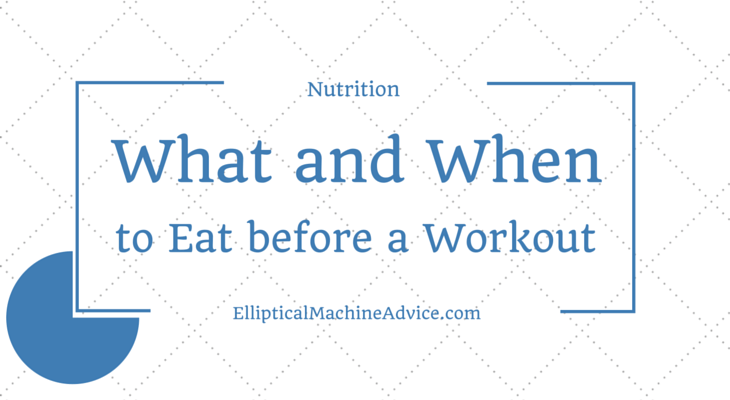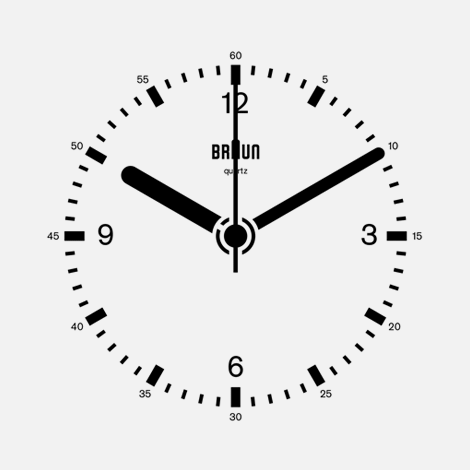What to Eat Before Exercise – Maximize Your Workout
As an athlete, or as one of us mere mortals who like to keep fit, one of the most important things that you need before, after, and even during a workout is the proper food. This is necessary for your well-being and your overall performance as well.
Certain energy boosting foods - such as drinks, bars, and gels – have high levels of carbohydrates that are easily digestible. They also help to ensure that your energy reserves are not depleted rapidly and keep the pangs of hunger at bay while you work out.

Whether you are an elite athlete or just keeping in shape, you can increase your results with a little knowledge and by thinking about what you eat and when. There is a good reason why top sportsmen and women are now advised by highly qualified sports nutritionists - it is a huge and complicated subject. Still, even us amateurs can benefit!
It's All About the Carbs
Carbohydrates are the chief source of energy for active muscles. When preparing for periods of vigorous exercise these carbohydrates are stockpiled in your muscles in the form of glycogen for use at a later time. However, reaching the optimum level of glycogen storage in your muscles takes time; and the foods that you eat before and after exercising can either hinder or help the storage process.
After you finish an intense workout you need to eat the appropriate food so that your body can recover and you can prepare for your next workout - I have an article about that!
Some of the specifics of your pre-workout diet should obviously be catered to your own specific ‘tastes’ and preferences; however, it should also be fashioned with regards to the type, duration and intensity of your planned workout.
When to Eat Before Exercise
It should be quite obvious that no one should ever exercise while their stomach is ‘full’ - if you have tried it you will remember, not good. Considerable amounts of food that linger in your stomach in the course of an event or workout can be the cause of cramps, nausea and an upset stomach. You need to ensure that your body has an adequate amount of energy and avoid abdominal discomfort at the same time. In order to do this, you have to let your meal digest fully before any strenuous activity (exercise, athletic event, etc.).
Depending on the quantity and type of food that you have eaten, this digestion can take anywhere from an hour to up to 4 hours and beyond! Also, no two people are the same – so you should use some measure of trial and error to determine what is best for your body.

For example, let’s say you have an event or workout that is scheduled for early in the morning. If this is the case then it is quite obvious that you should wake up early enough to have your well needed pre-activity meal. If this is not possible you should then make a serious attempt to at least drink or eat food, which is digested easily, approximately half an hour before said activity.
As the time to your activity lessens the quantity of the food you eat should correspondingly decrease as well. It is recommended that at this time you should probably forgo a solid meal in favor of a liquid one – liquids are digested by the body faster than solids.
Planning What to Eat Before Exercise
Since we know that the ideal source of energy for exercise is glucose, any meal that we consume in preparation for exercise should not only be easily digestible, it should also be considerably high in carbohydrates as well. Foods that fit these criteria include, but are not limited to: breads, pasta, energy drinks, energy bars, and fruits.
Sports Nutrition Planning for All-day Events
For all-day events (tournaments, track meets, etc.) planning exactly when and what you eat is of the utmost importance. Factors that need to be considered are the amount of energy that you need, the quantity of food that will supply said energy, and the time of the event.
The amount of liquid that you take in should also be observed and regulated to some extent. Planning ahead is key, snacks and foods that you are familiar with should be utilized. The actual day of the event is no time to test out new foods.
Some Ideal Foods for Exercise
All things considered, the decision to eat something before exercise (and what that something should be) can only truly be made by the individual in question. However, some general recommendations are: solid meals should be consumed 4 hours before periods of activity, light snacks and energy drinks 2 hours before activity, and fluid replacements an hour before activity.
1 Hour or Less Before Exercise / Competition
- Up to 1 1/2 cups of a sports drink.
- Fresh fruit: watermelon, apples, oranges, or peaches
- Energy gels
2 to 3 Hours Before Exercise / Competition
Light healthy meal.
- Water - LOTS!
- Yogurt
- Fresh fruits
- Bread, bagels, pasta
3 to 4 Hours Before Exercise / Competition
High energy medium sized meal.
- Water
- Cereal with milk
- Baked potatoes, Bread, bagels, Pasta with tomato sauce
- Toast/Bread with lean meat, cheese or peanut butter
- Fresh fruit, Yogurt, Energy bar
Obviously these are very basic guidelines just to give you the idea. Personal taste and of course the intensity of training and competition will all influence your food intake before exercise. Next, let's look at how food is going to influence our workout.
Glucose (Sugar) and Exercise Performance
It has been shown from various tests that endurance athletes should consume glucose approximately half an hour before an event. This can supply well needed energy when other stores of energy have been depleted. Nevertheless, it is recommended that you should test out this approach beforehand since some individuals can be adversely affected, performance wise, by a blood glucose spike.
Caffeine and Performance
The body’s central nervous system is stimulated by significant amounts of caffeine. Caffeine has long been thought to be a compound that enhances the body’s endurance by facilitating the usage of fat for energy, preserving glycogen in the muscles. However, extensive research counteracts this by showing that if an individual’s endurance does improve from caffeine, it is because the caffeine performs as a stimulant.
Caffeine has also been known to pose serious risks to individuals in the form of various side effects. Some individuals may fall victim to headaches, muscle tremors, and intermittent nausea. Also, excessive caffeine also functions as a diuretic, and can cause serious dehydration – a glaring problem for any athlete.
Foods to Avoid Before Exercise
Certain foods should be avoided prior to exercise and any periods of intensive activity. Foods that are rich in fiber or fat are generally hard to digest and as a result they settle and remain in the digestive system for prolonged periods of time. Furthermore, they also pull blood into the digestive tract to facilitate digestion. This can cause serious discomfort and cramps. Candy bars, meats, fries and potato chips are just a few of the foods that should be avoided prior to exercise.
The main factor to keep in mind is that no two people are the same. As a result, what works for your gym mate or teammate may not work for you. Any effective dietary plan should cater to your individual preferences and the needs of your body.
This subject can be as simple or as complex as your situation demands - but making an effort to eat wisely with your exercise in mind, will benefit everyone - from pro athlete to keen amateur.

